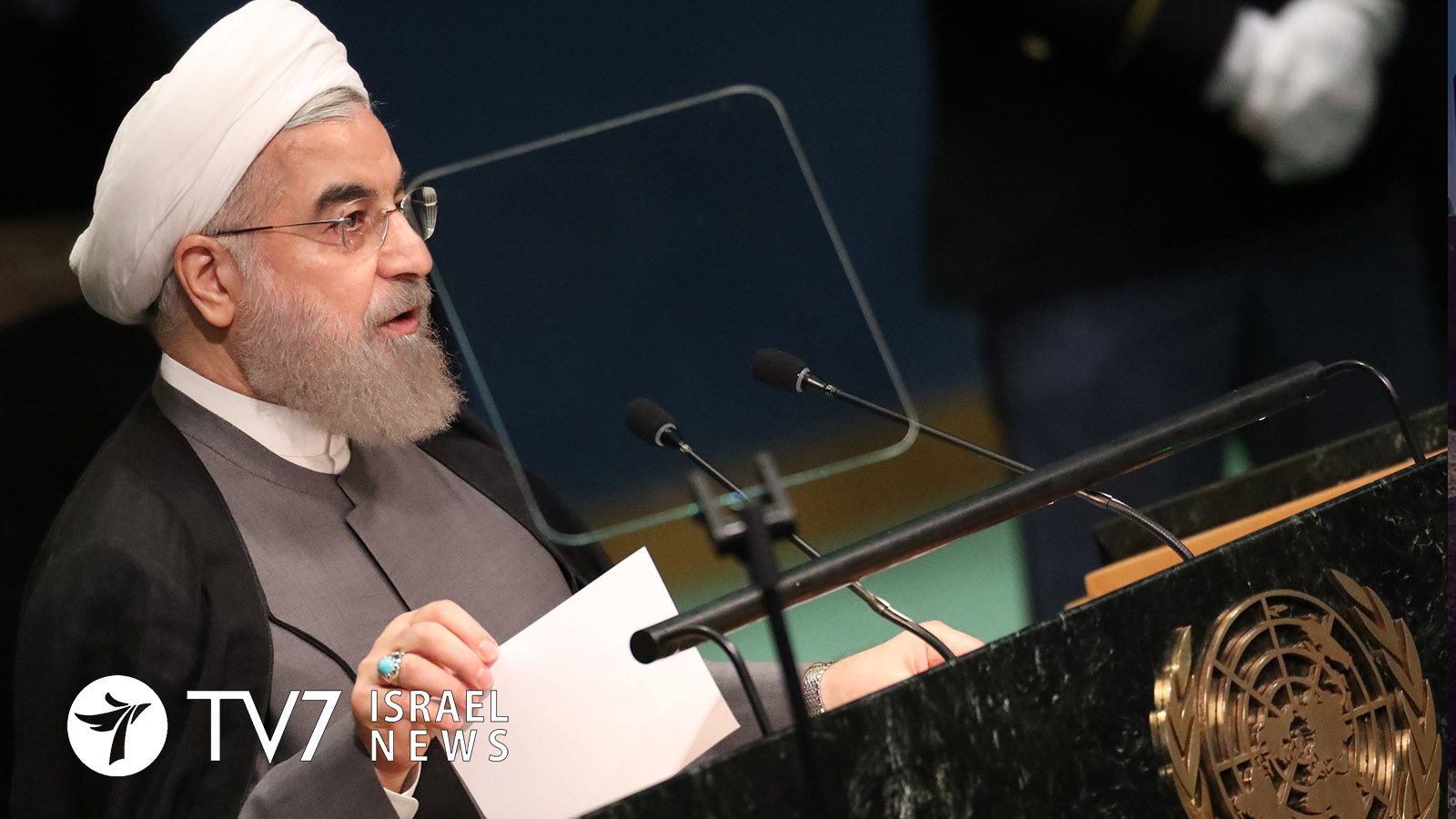While the United States, Israel and Saudi Arabia have taken a bold stance against Iranian violations of the nuclear agreement and Tehran’s aggressive actions across the Middle East, the President of Islamic Republic, Hassan Rouhani, declared that his country did not and will not be the first to violate the international agreement, that has limited Tehran’s nuclear program in exchange for the lifting of crippling economic sanctions. Rouhani declared, “I declare before you that the Islamic Republic of Iran will not be the first country to violate the agreement; but it will respond decisively and resolutely to its violation by any party. It will be a great pity if this agreement were to be destroyed by rogue newcomers to the world of politics: the world will have lost a great opportunity.”
President Rouhani also took the opportunity to reject the allegations by the United States and its alliance, slamming the speech President Donald Trump gave to the General Assembly as “ignorant, absurd and hateful rhetoric.” He said, “The ignorant, absurd and hateful rhetoric, filled with ridiculously baseless allegations, that was uttered before this august body yesterday, was not only unfit to be heard at the United Nations – which was established to promote peace and respect between nations – but indeed contradicted the demands of our nations from this world body to bring governments together to combat war and terror.” In a bid to reassure supporters of the nuclear agreement of Iranian intensions, President Rouhani claimed his country’s missile program was solely defensive to assure Tehran’s national security, including its deterrents, is preserved. Rouhani stressed, “I wish to underscore here that the defense capabilities of the Islamic Republic of Iran, including our missiles, are solely defensive deterrents for the maintenance of regional peace and stability and the prevention of adventurist tendencies of irrational aspirations,” stressed.
Many world leaders have used the world stage at the General Assembly to emphasize their support of the nuclear agreement with Iran, including from: Russia, China, France, Britain, German and the European Union among others, emphasizing that they viewed Iran as complying with the international agreement, and that leaving the accord would be a devastating mistake. EU Foreign Policy Chief Federica Mogherini said, “With the difficult times we’re living in the world of today, with quite a good number of conflicts, crisis and a nuclear threat coming from a different part of the world, the international community cannot afford dismantling an agreement that is working and delivering.” She added that “This is not a bilateral agreement. This is not an agreement that involves six or seven parities, this is a U.N. Security Council resolution an annex. And as such, all member-states of the United Nations are considered to be bound to the implementation of it. So it doesn’t belong to one country, to six countries, to seven countries, to the European Union. It belongs to the international community,” Mogherini said in a press conference following a meeting on the Iranian nuclear agreement.
While countries, such as Germany and France, vowed to continue with efforts to assure that the nuclear agreement with Iran will be preserved and legally implemented, Washington does not seem impressed with those efforts. US Secretary of State Rex Tillerson, who met with an Iranian delegation that was headed by Iranian Foreign Minister Mohammad Javad Zarif, declared that the United States is weighing whether to remain committed to the international nuclear agreement, considering the ongoing violations of the Islamic regime in Tehran. The American top diplomat said, “When we look at the history of North Korea’s weapons development program, in many senses we’ve seen this before — agreements that just simply (get) pushed to another government of another administration to deal with. The president’s made clear he doesn’t intend to do that in this case. He takes his responsibility in this particular matter quite seriously. And that is the reason he is very, very carefully considering the decision of whether we find the JCPOA to continue to serve the security interests of the American people or not,” Tillerson said.
President Donald Trump must decide by the 15th of October whether to certify that Iran is indeed complying with the nuclear agreement, a decision that could dismantle the deal. If President Trump decides Iran is not complying with the international agreement, the US Congress has 60 days to decide whether to reimpose sanctions lifted under the accord. A senior US official revealed that President Trump is currently leaning toward not certifying that Iran is complying with the accord and letting Congress effectively decide whether to kill the agreement or not.
